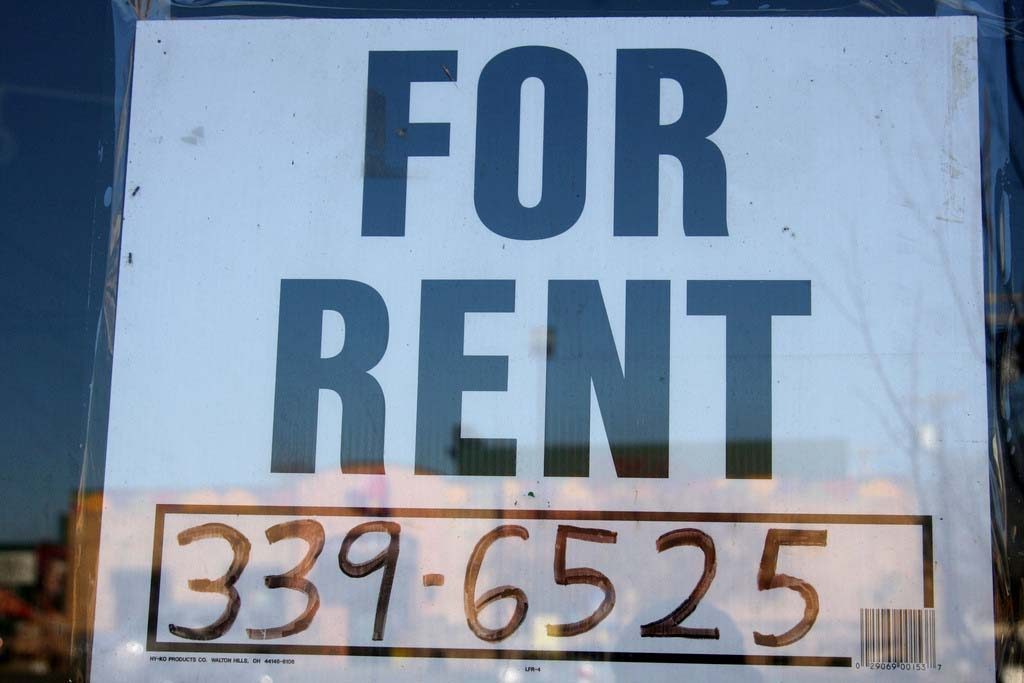As housing costs continue to climb in Qatar, a Central Municipal Council member has called on the government to impose a cap on residential rent increases, according to media reports.
Mishal Al Dahnim, the councillor representing Al Hilal, wants rents to go up by no more than 10 percent every two years, the Peninsula reports. Citing Al Arab, the daily quoted Al Dahnim as saying:
“Rents should not be left to supply and demand. Supply is much less compared to demand and will lead to an unprecedented crisis … There must be a law to control rents.”
Local firm Al-Asmakh Real Estate Development estimated that rents climbed 5 to 10 percent in the first three months of 2014, compared to the end of last year.
A separate report by Colliers International estimated a slightly lower increase of 4 percent during the same time period.
Looking ahead, Qatar National Bank has predicted that rent will climb even faster in the second half of 2014, driven by rising land prices.
Precedence
The Qatar government has previously frozen rents in an attempt to keep a lid on inflation. In 2008, the country imposed a two-year moratorium on rental rate hikes for most residential leases.
That same year, Dubai and Abu Dhabi capped rent increases at 5 percent, Reuters reported at the time.
On the non-residential side, the Emir in February ordered commercial landlords to give retailers and tenants a one-year lease extension, effectively freezing rents for many businesses.
Non-residential rents were also frozen in 2008 and, two years later, capped at increases of 5 to 20 percent.
Alternatives
Rent control measures provide short-term relief to tenants, but can exacerbate the problem in the long term by acting as a financial disincentive for investors and developers to construct new homes.
Already, some real estate firms say homebuilders are not constructing enough villas and flats for Qatar’s rapidly growing population, leading to a looming housing shortage.
Colliers estimated that 22,000 new homes will be constructed by 2018, adding to the country’s existing supply of 122,000 units. However, that still falls short of the 266,000 homes that will be needed to meet demand during the same time period, the company said.
A recent crackdown by authorities on illegally partitioned villas threatens to exacerbate the shortage, especially for low and middle-income expats.
One expert recently suggested the solution to Qatar’s lack of affordable housing may be public-private partnerships between the government and developers.
Speaking at the annual Cityscape Qatar real estate exhibition in June, Ramy Echo – the chief investment officer of Kuwait-based Alargan Investment Co. – argued in favor of authorities selling homebuilders vacant land at a discount or providing contractors with favorable financing.
Do you think the government should cap rental rate increases? Thoughts?








